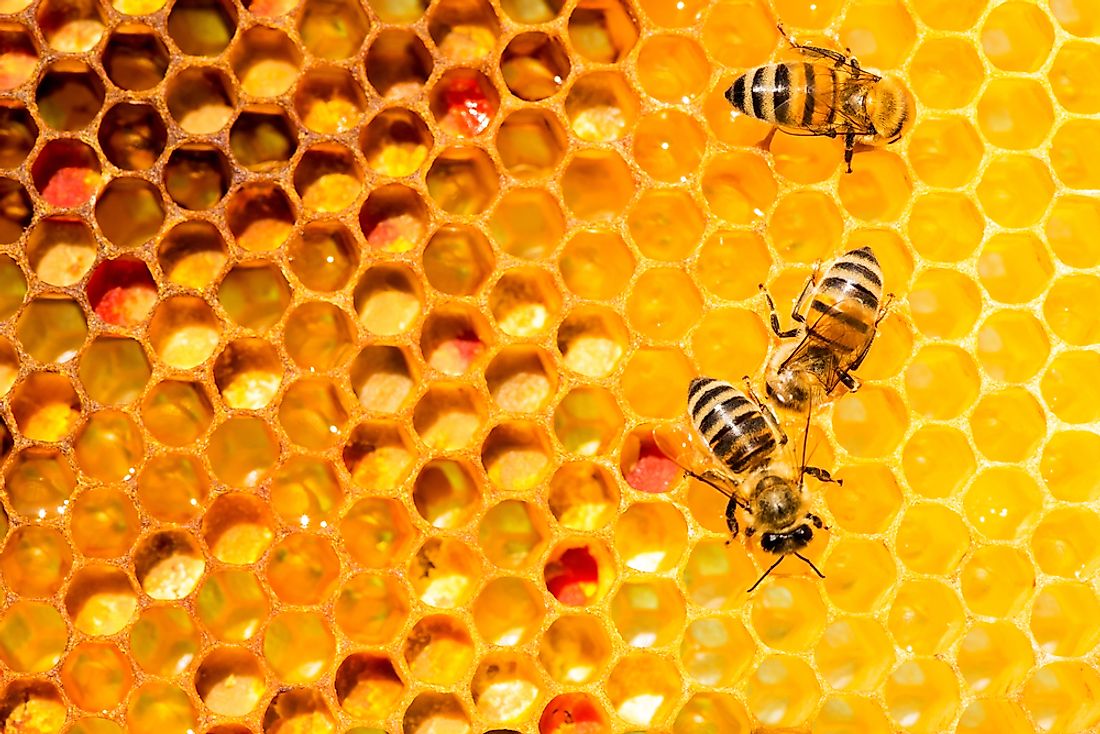Why Do Bees Make Honey?

The honey that the majority of people know and love can only be made by honey bees. There are generally seven accepted species of honey bee—Africanized, Buckfast, Carniolan, Caucasian, Cordovan, Italian, Russian—with there being over 40 subspecies between these groups.
In contrast, bumblebees do not make honey but only gather nectar to store for a very short amount of time since their colonies do not last long. There is a genus of stingless bees called Melipona found in Mexico, the Caribbean, Central American, and South America which makes a different type of honey. However, it is made in very small quantities compared to honeybees and is nowhere near as widely available around the world.
Why Do Bees Make Honey?
Simply put, honey bees need to make honey so that they can survive during the cold winter months. They make the honey prior to the cold setting in and store it to be eaten during this time. This is done because there are fewer flowers during the winter. Even if some flowers were around, honey bees are not able to forage what is available due to the cold.
They need to store food because honeybee colonies need enough in storage to feed not only the queen but the entire colony alive during the winter. This requires a lot of honey as a colony of honey bees can number in the tens of thousands. Honey is a great source of nutrients and energy for the bees due to its high sugar content. This makes honey the perfect food since they expend a great amount of energy beating their wings, which must be done throughout the winter in order to manage the temperature inside the hive.
How Do Bees Make Honey?
The first step in the process of making honey is for the honey bees to go out and harvest nectar from flowers. Typically, these flowers will be located within 4 miles (6.43 kilometers) from the hive. The vast majority of honey bees in a colony are workers, whose purpose it is to gather the nectar. A lot of bees need to be workers because an individual honey bee will only produce about 1/12 of a teaspoon of honey during its lifespan.
Upon retrieving nectar from a flower a honey bees' salivary glands will let out an enzyme that mixes with the nectar. Once they return to the hive, the nectar will then be stored in the honeycomb, a wax structure made up of many individual hexagonal shaped cells that the honey bees make themselves.
Once the nectar is stored in the honeycomb it will began to have its water content reduced, eventually turning into honey. The honey bees themselves will speed up this process by fanning their wings to get the water to evaporate faster. When the changing nectar has become thick enough, it will be capped by adding a layer of wax over the cell. During this process, bacteria and fungi cannot grow in the honeycomb because the high sugar concentrations prevent them from multiplying. This is also the reason that honey can be stored without spoiling.











